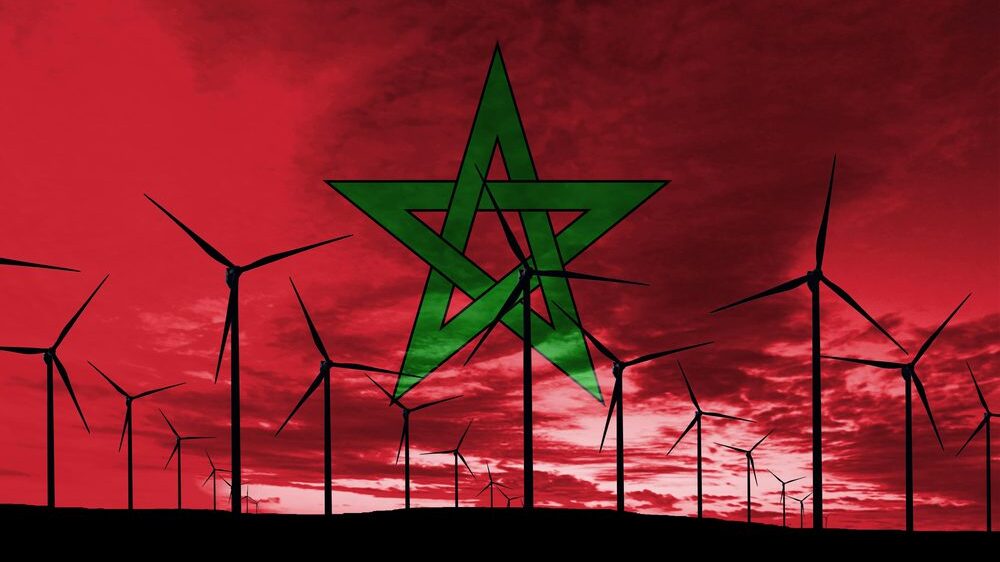
The European Commission has announced a series of financial aid programmes for Morocco worth €624 million despite lingering concerns about the North African country’s role in the Qatargate scandal.
The aid is primarily for helping Morocco transition to green energy and reform public administration. The announcement comes despite Morocco’s increasing embroilment in the Qatargate scandal with a senior Moroccan spy implicated in bribing EU officials. The European Parliament recently applied new guidelines for Moroccan officials due to the risk of bribery and espionage.
The aid to Morocco includes €130 million for social protection services and €115 million to assist in the rollout of green technologies under the Terre Verte programme for Moroccan farmers.
The EU will also contribute €152 million for border management and assistance with the repatriation of illegal immigrants. Morocco is increasingly seen as an EU partner in the area of migration control.
The subsidies form part of the 2021 “Agenda for the Mediterranean,” which promises €1.68 billion in EU grants to Morocco to promote economic development and closer ties with Europe.
We address crucial challenges together.
— Oliver Varhelyi (@OliverVarhelyi) March 2, 2023
We signed today a substantial financial package.
We are financing 5 projects worth EUR 500 million:
🔹KARAMA- social protection
🔹Terre Verte – agriculture
🔹Migration
🔹Public Administration
🔹Financial inclusion pic.twitter.com/oPRipxOJQI
Last month Morocco became the first African nation to benefit from Schengen visas issued by France due to increased cooperation between Morocco and EU governments. French Foreign Minister Catherine Colonna visited Morocco in December to discuss bilateral relations, including both countries’ diplomatic disputes with Algeria.
The EU is known to leverage financial subsidies to Morocco to persuade the North African nation to better manage migration. Between 2015 and 2021, the EU gave Morocco €234 million to support better border management.
Morocco was explicitly named in the ongoing Qatargate scandal after its ambassador to Poland, Abderrahim Atmoun, was linked to disgraced Italian ex-MEP Antonio Panzeri, regarded as a major ringleader in the affair. Panzeri, who was knighted by the Moroccan king, was a keen supporter of pro-Moroccan motions in the EU Parliament as well as a frequent visitor to the country.
Morocco is accused of influencing MEPs regarding the disputed territory of the Western Sahara, which it contests with Algeria, and of minimising its involvement in the use of Pegasus spyware to monitor European government officials.
Belgian Justice Minister Vincent Van Quickenborne stated last week that Morocco is of increasing interest to Qatargate investigators, with indications that bribery may have influenced previous EU-Morocco trade and fisheries agreements.
In a recent visit to Morocco, EU foreign policy chief Joseph Borell dismissed any Moroccan ties to Qatargate despite documents seen by La Repubblica confirming that figures involved with the scandal were liaising with Moroccan intelligence services.
The Commission’s financial aid package for Morocco reflects one of the far-reaching ways that the EU’s ‘green deal’ moves well beyond farmers and grain. The green transition’s geo-political impact will be among the topics discussed at a panel discussion hosted by The European Conservative Wednesday, April 26th. The event will feature Dutch MEP Rob Roos, policy expert Sebastian Morello, and former European Commission official Samuel Furfari, and will take place at 13:30 p.m. at the Silversquare working space in Brussels. Attendance is open to the public, with registration.
